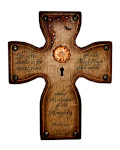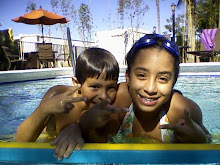1. Trust property; res; corpus; principal or fund; and trustor or settler.
2. Testamentary trusts are incorporated directly into a will and are, therefore, ambulatory and subject to probate. If the trust was a testamentary trust, the property will be distributed through a residuary clause.
3. Pourover will: Clause in a will which leaves the testator’s property to the trustee of a living trust.
4. A trust is a relationship in which trust property, also called the res, corpus, principal, or fund, is transferred from one property, called the trustor or settler, to a trustee.
5. Resulting trust: Implied trust in which trust property is held for the benefit of the person who paid for the property.
Constructive trust: A form of implied trust that is imposed by a court to right a wrong.
6. -be loyal to the trust and trust beneficiaries;
-maintain accurate records and accounts;
-take possession of the trust property and make it profitable.
-pay all trust debts; and
-collect all debts owed to the trust.
7. A trust may be created for any lawful purpose and may never be created if it will violate any criminal as well as civil laws. The trust purpose must be clearly stated in the trust agreement for the agreement to be valid.
Subscribe to:
Post Comments (Atom)


























No comments:
Post a Comment